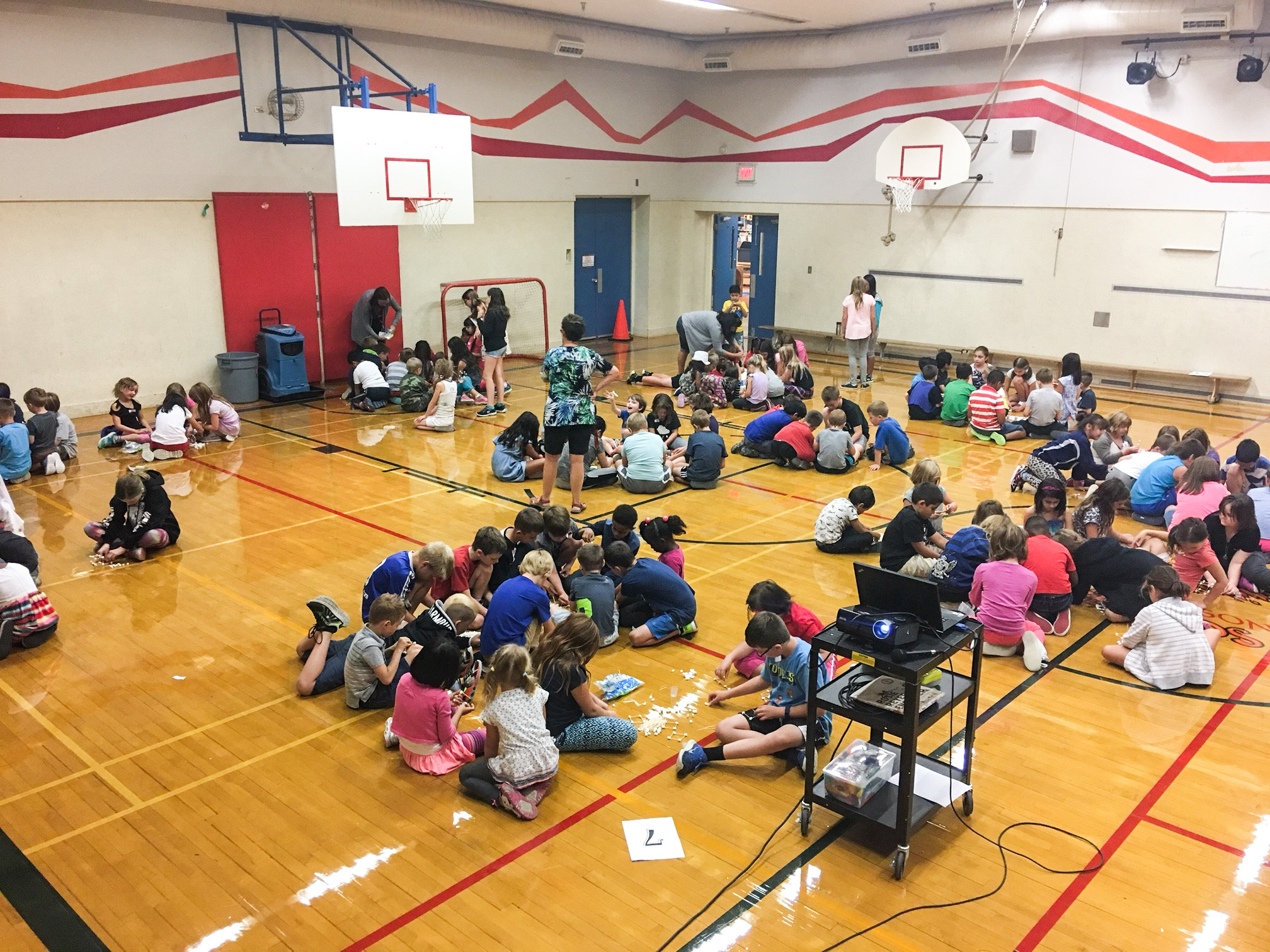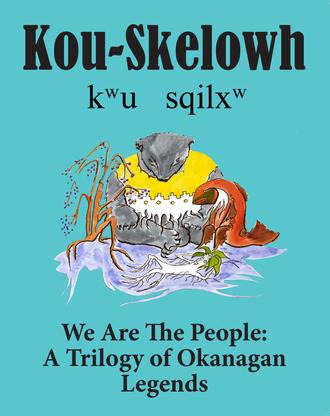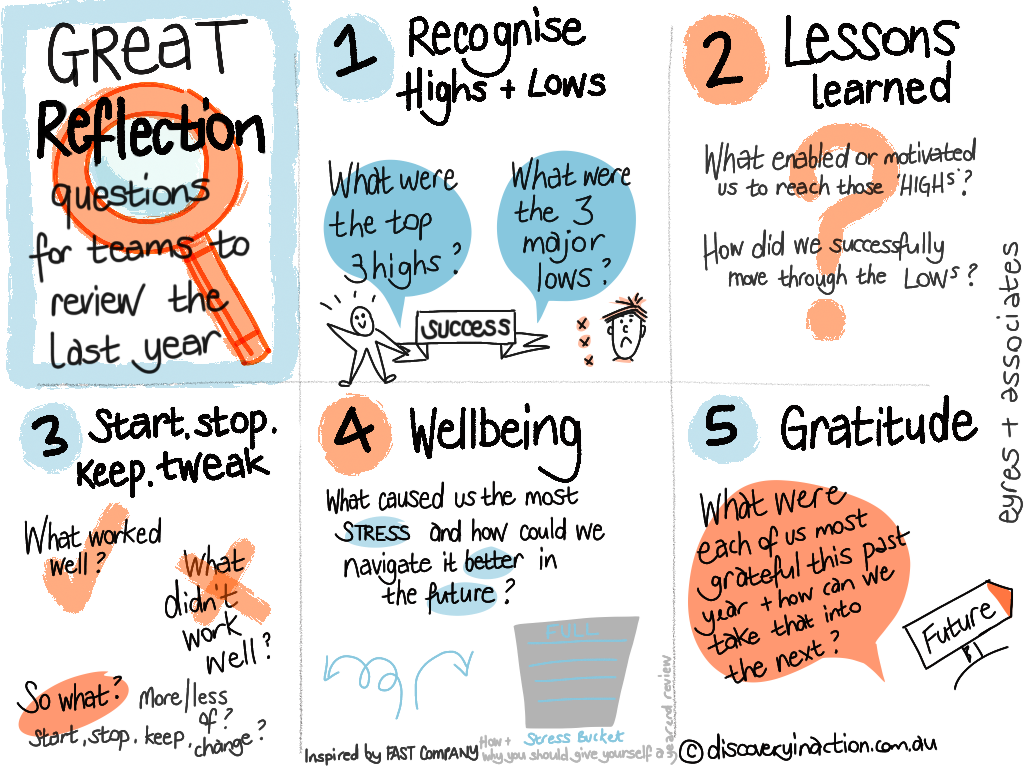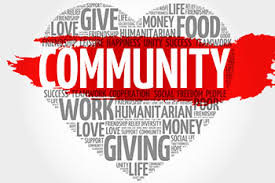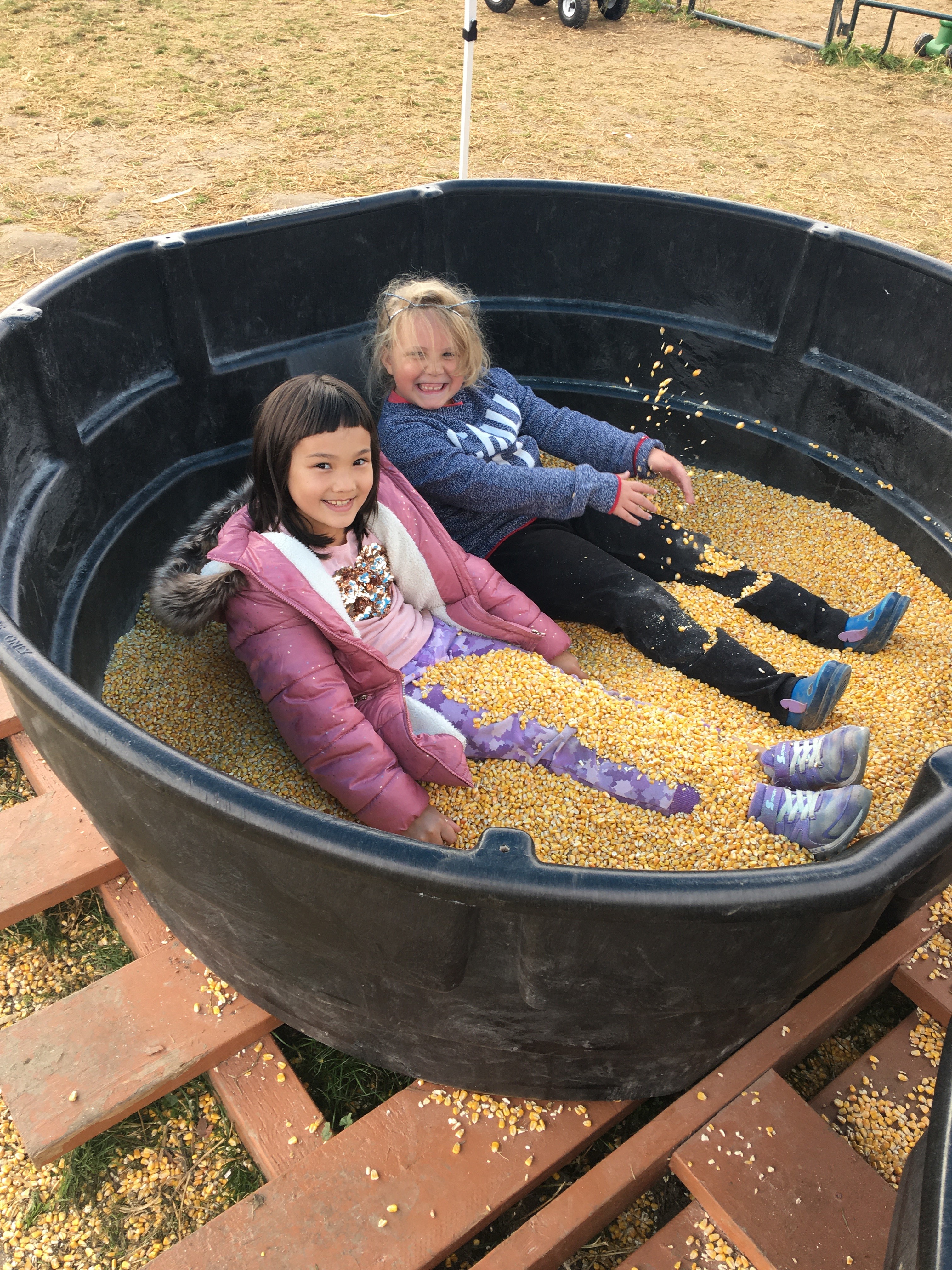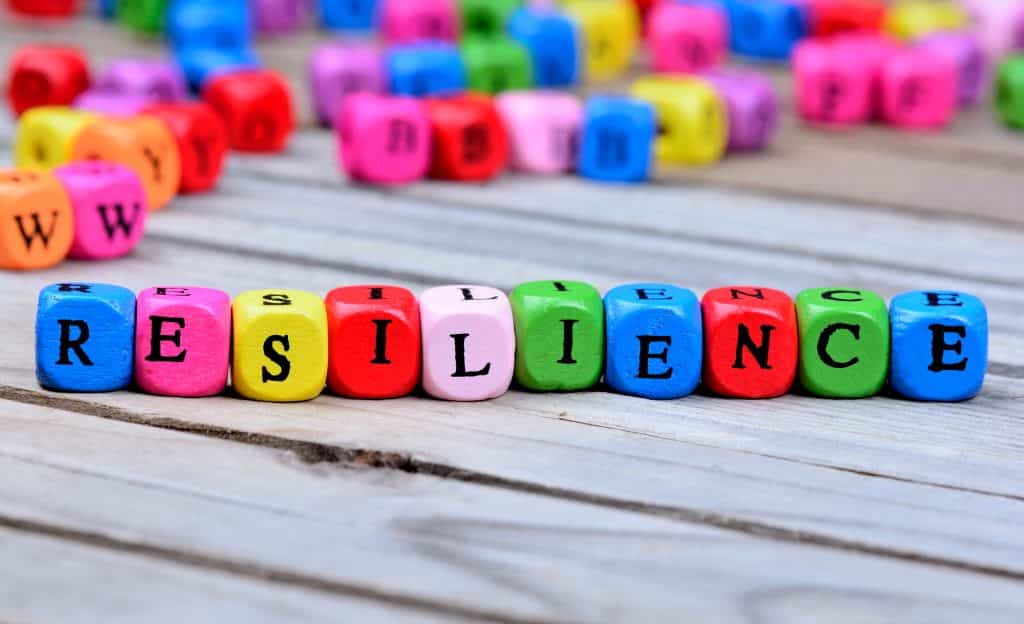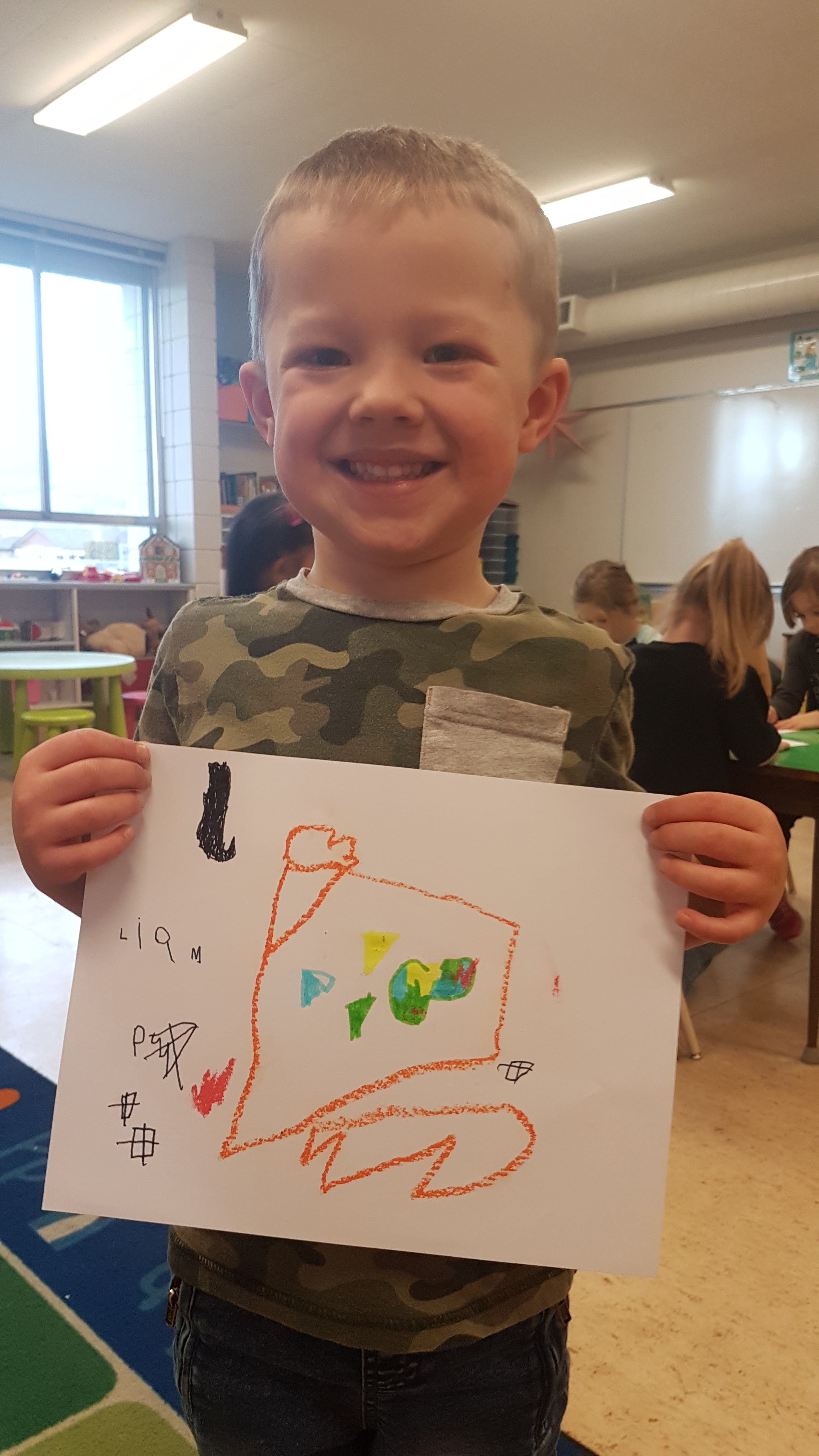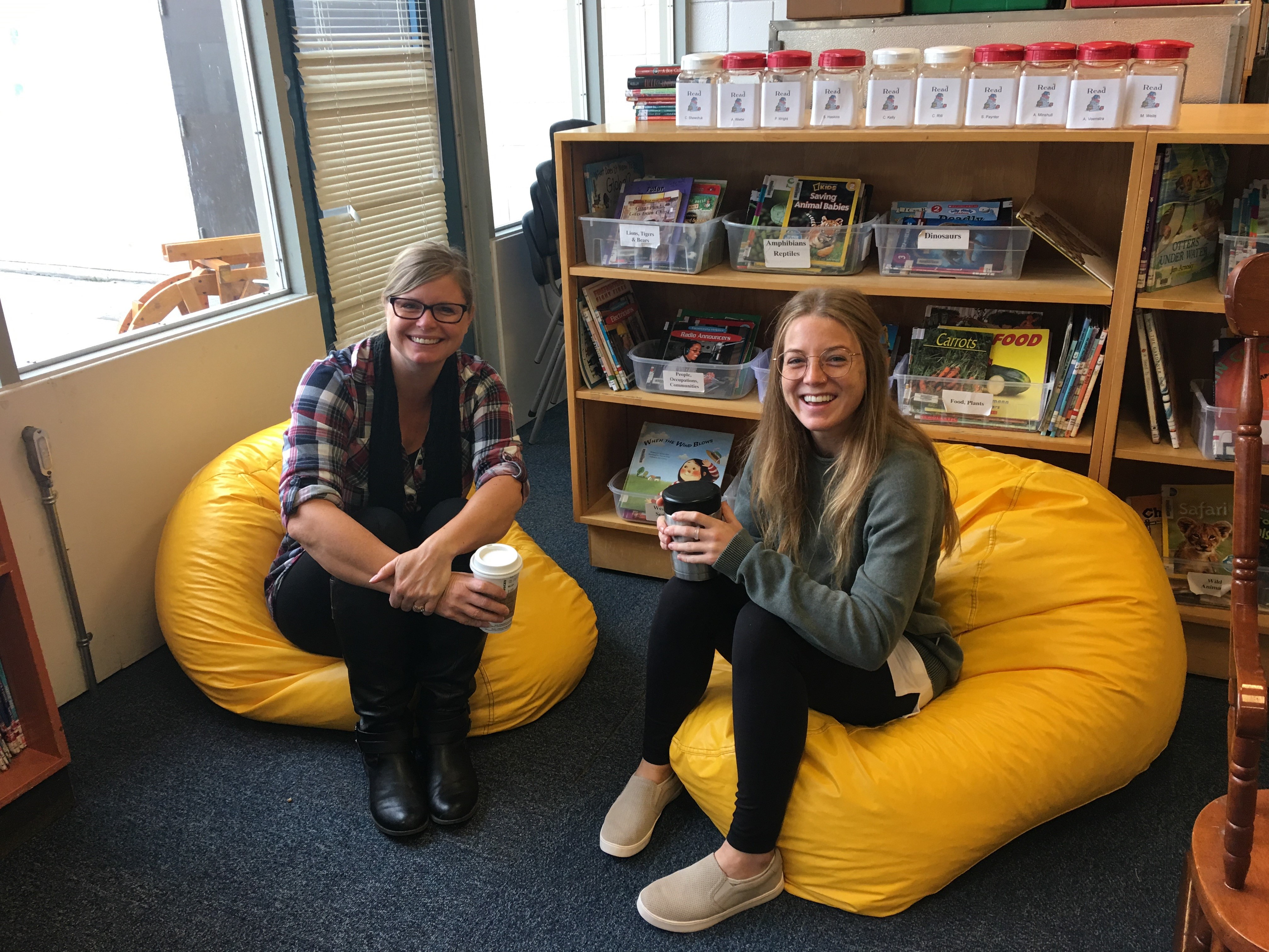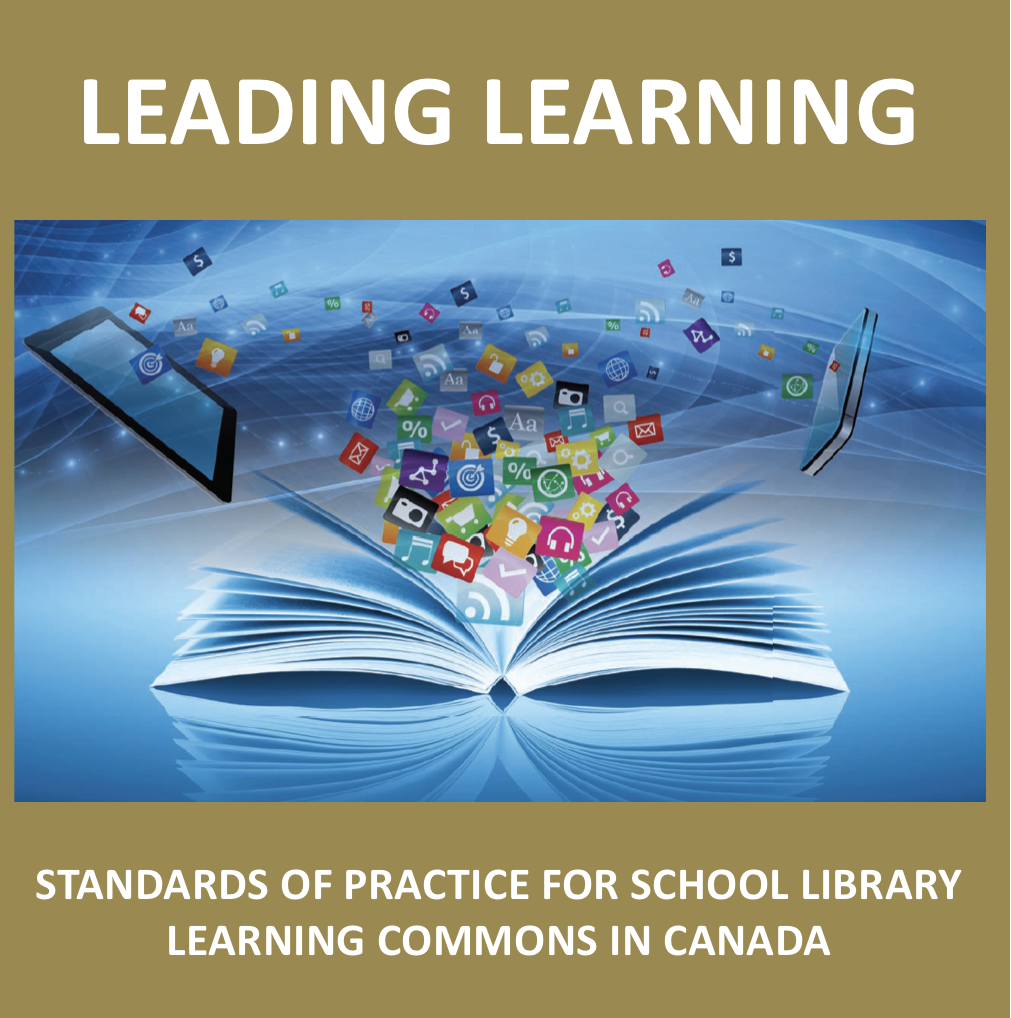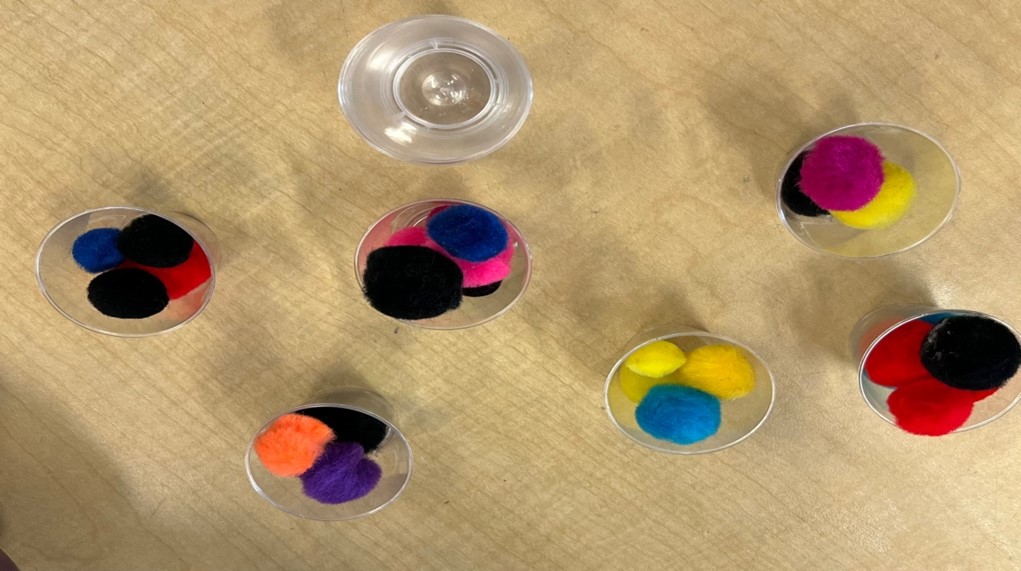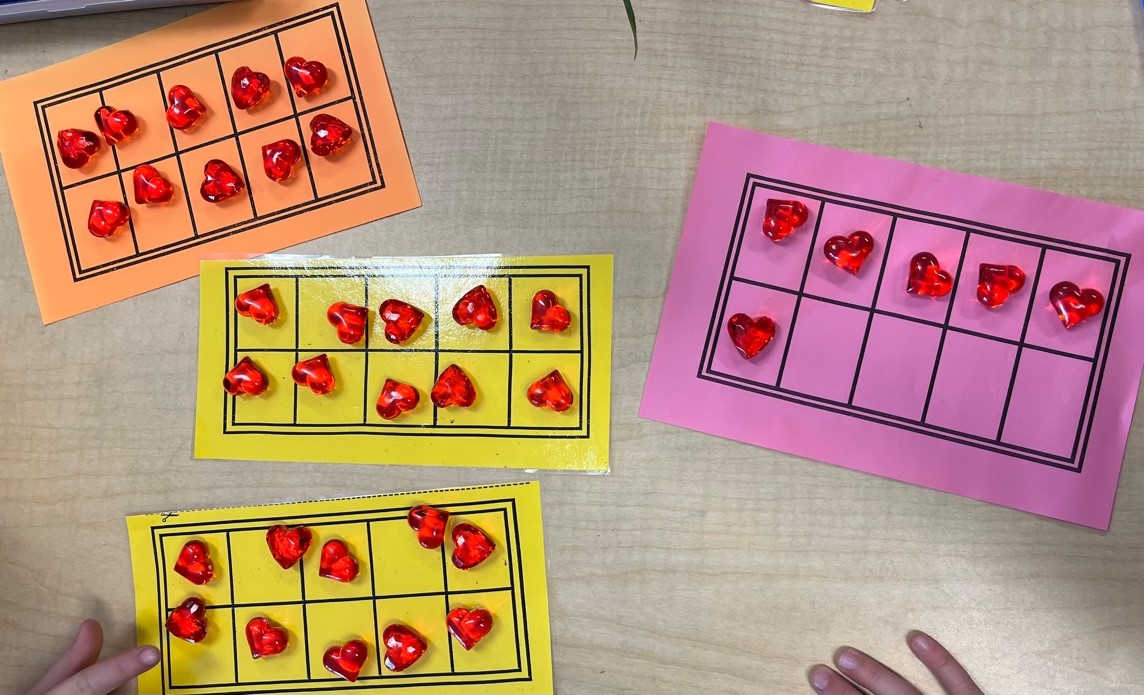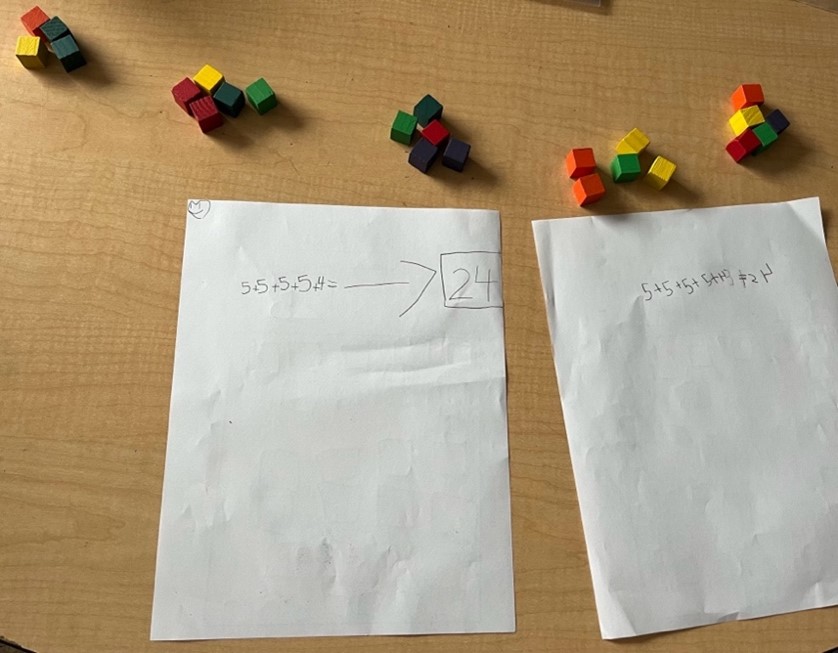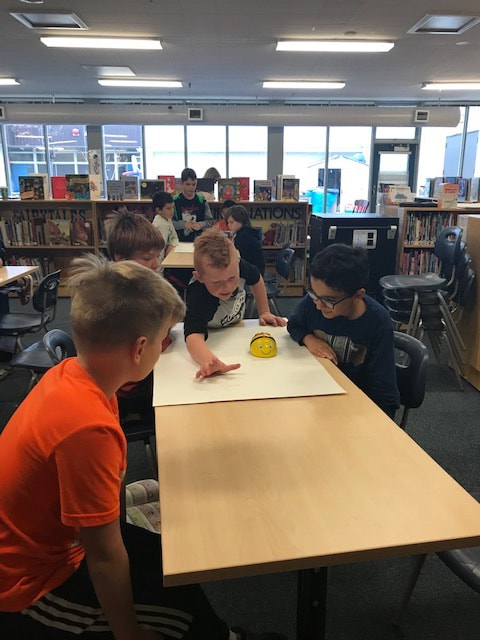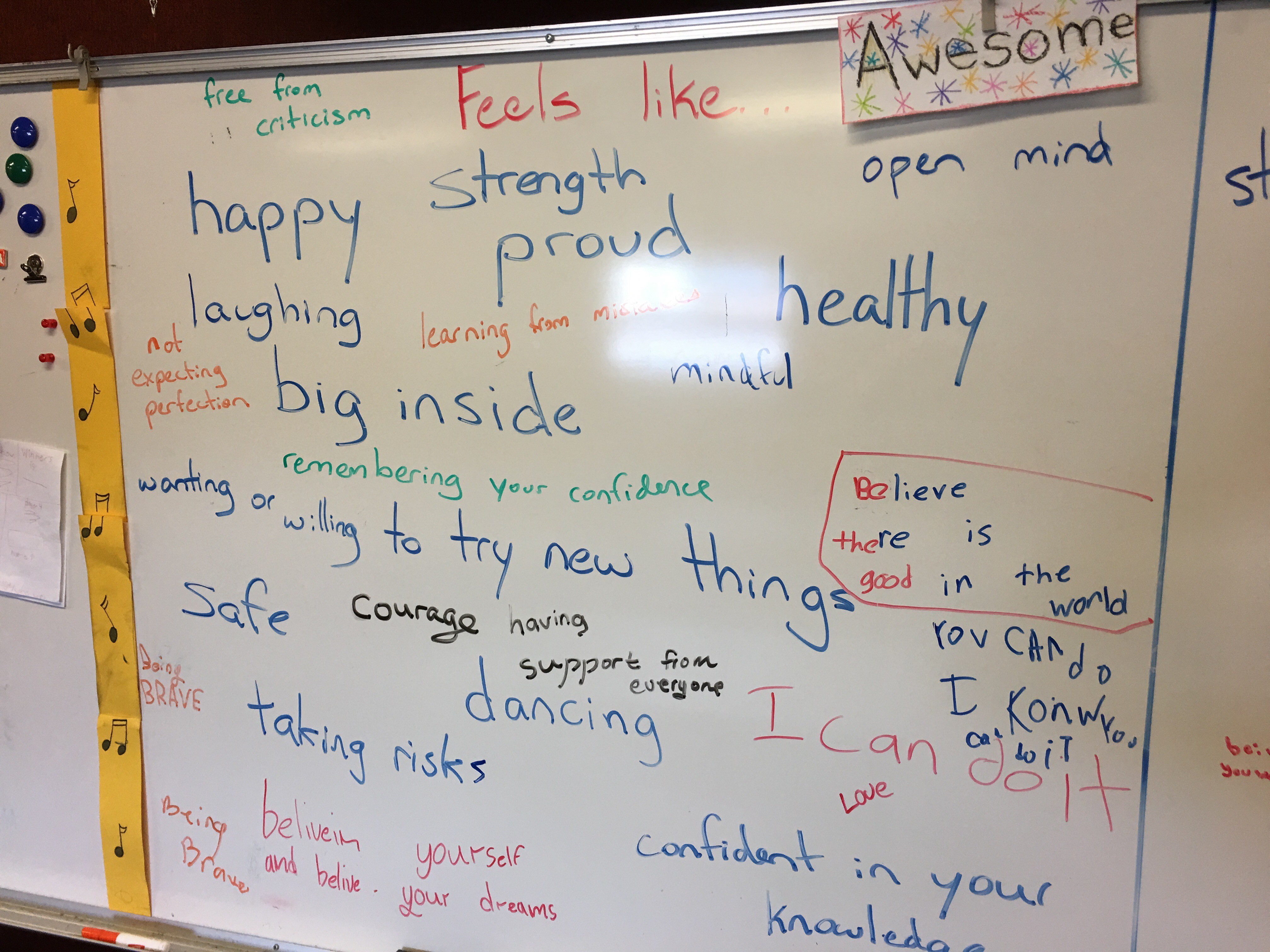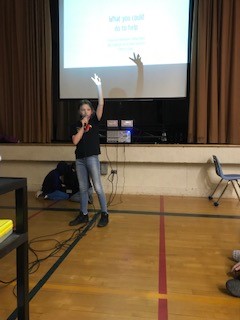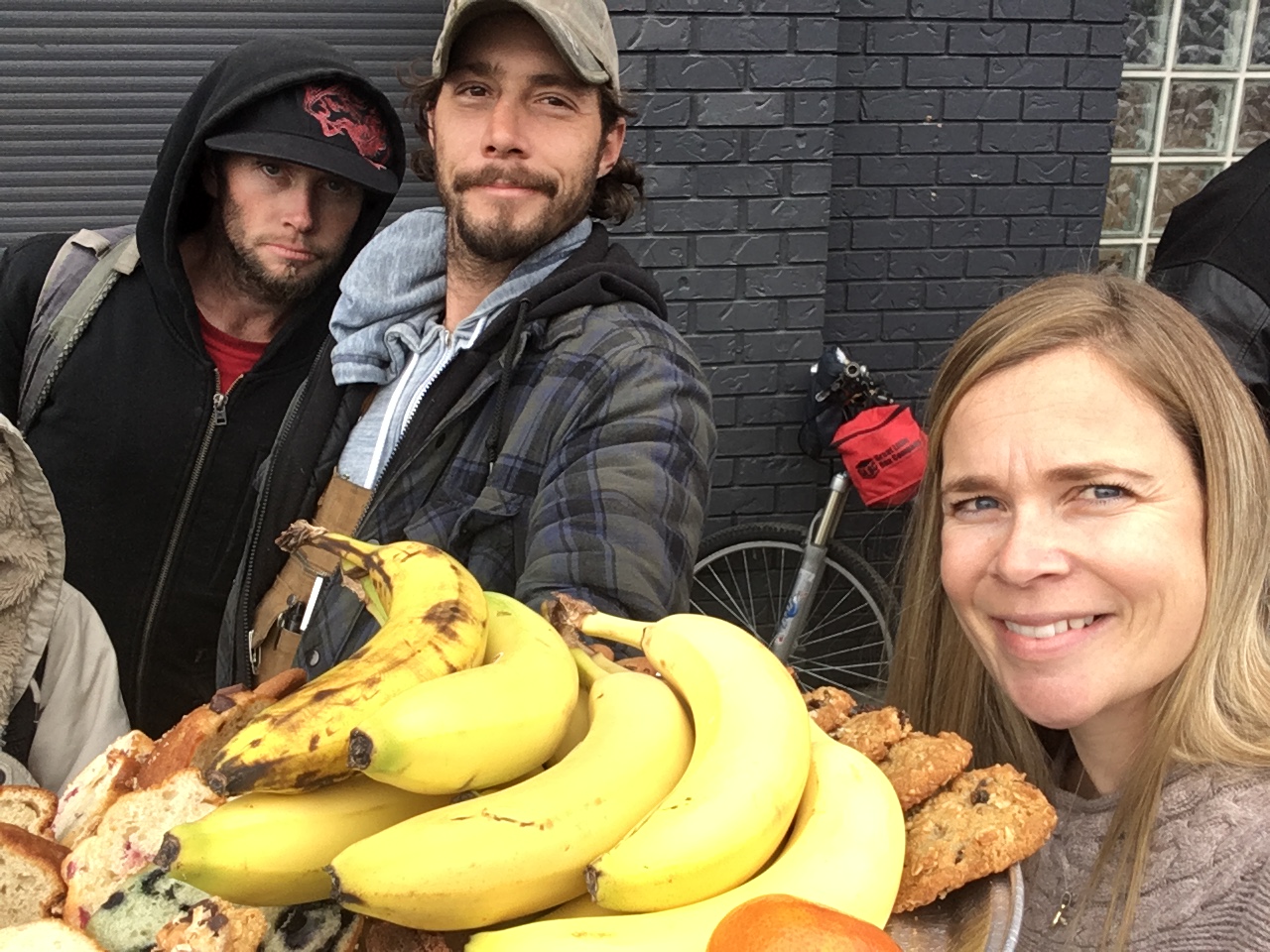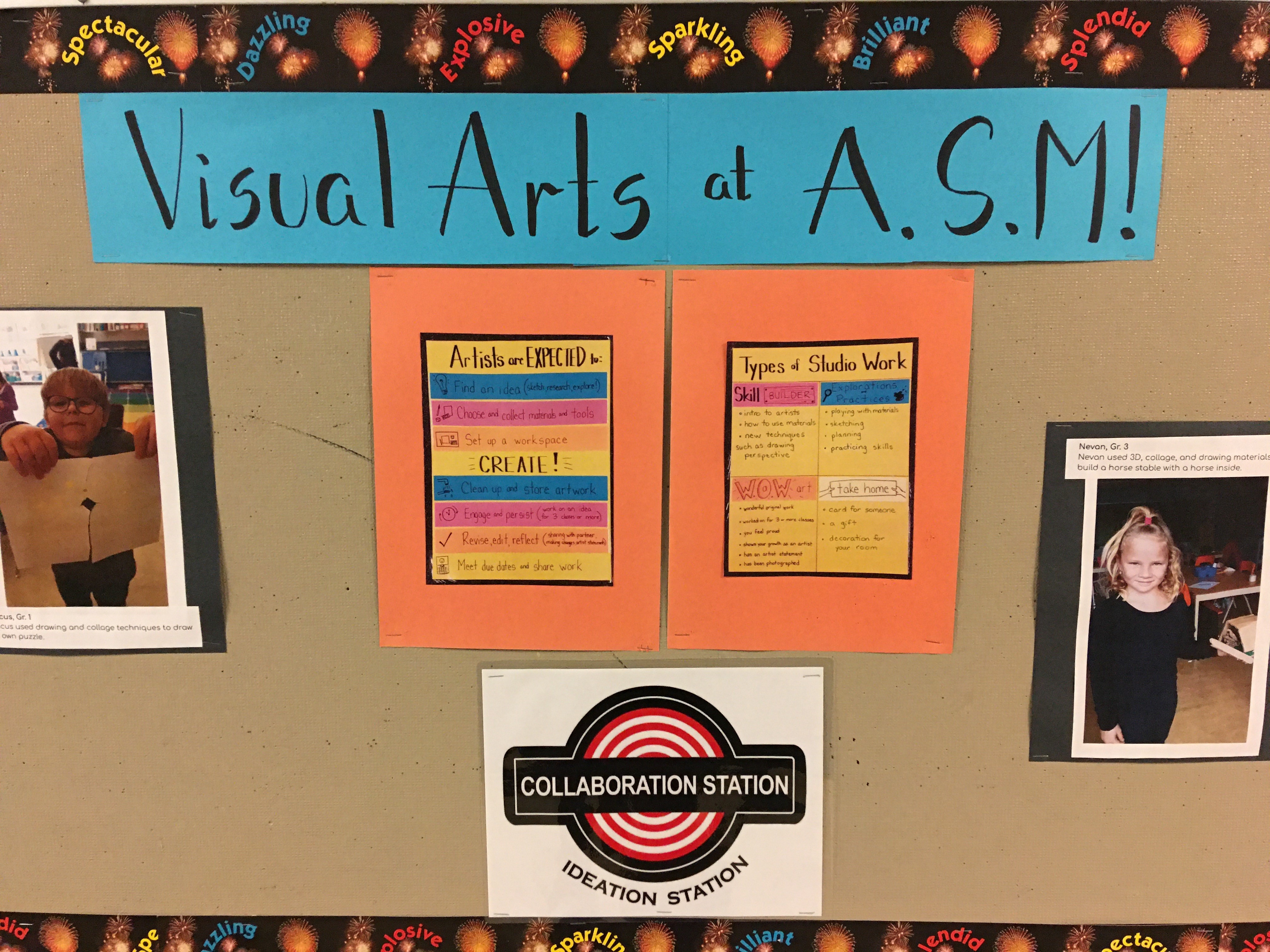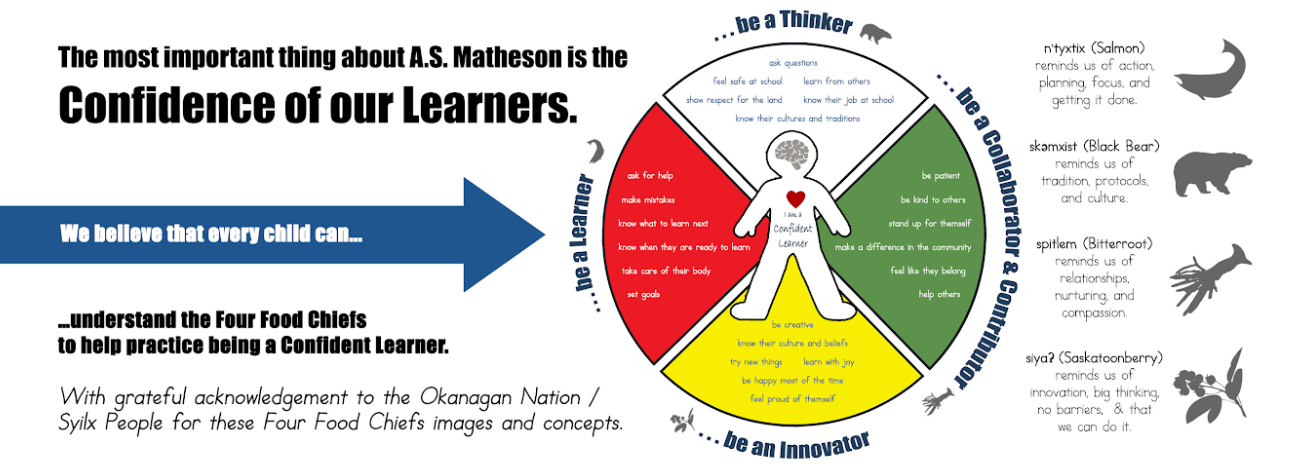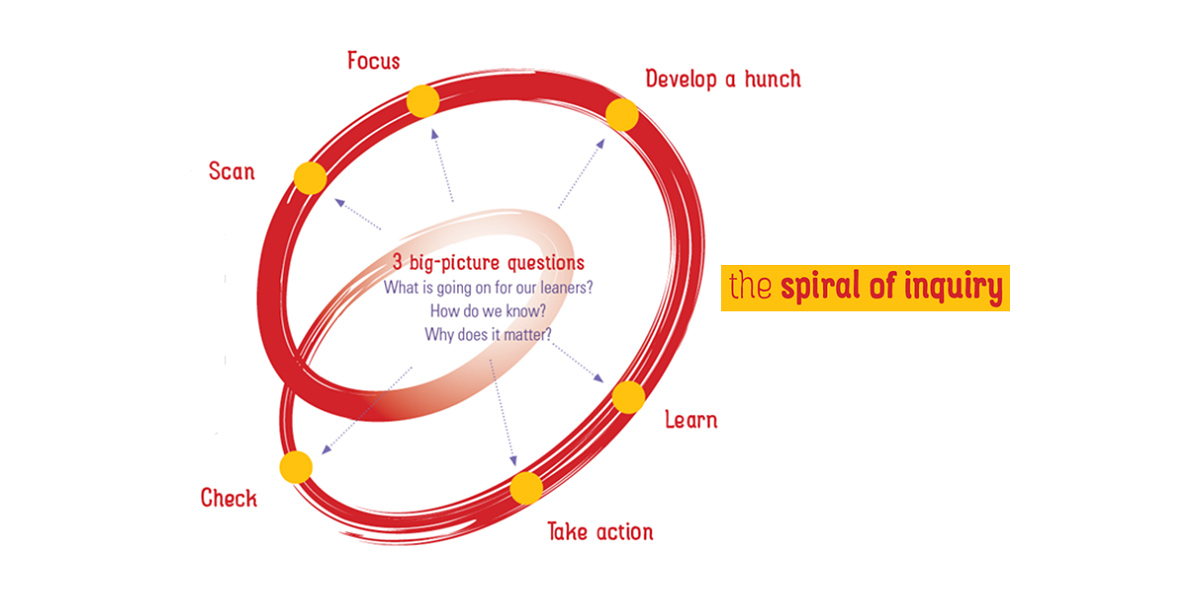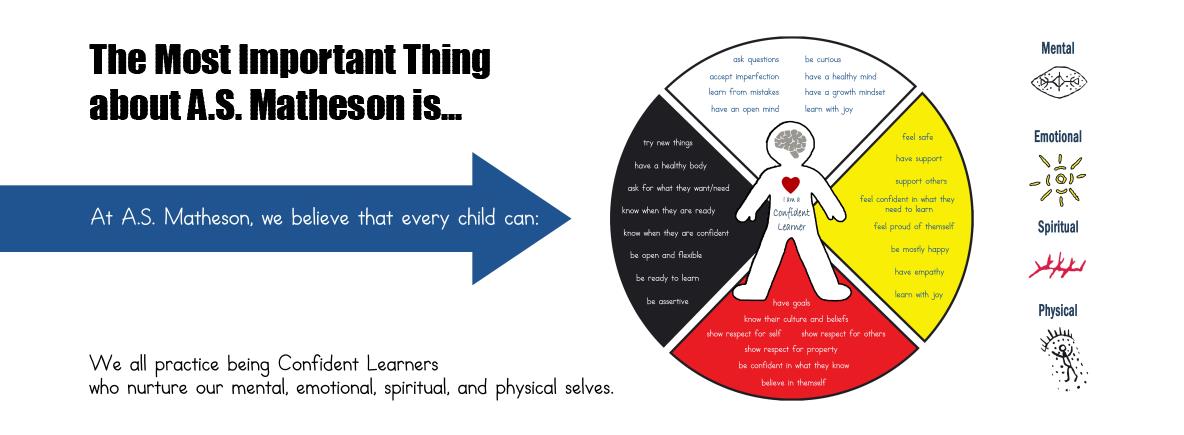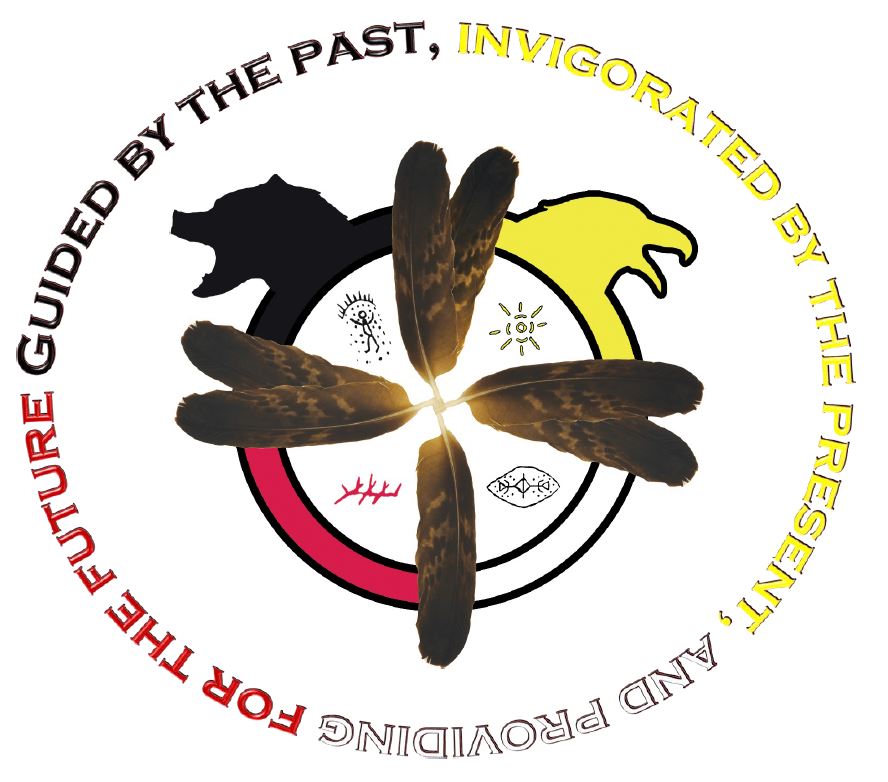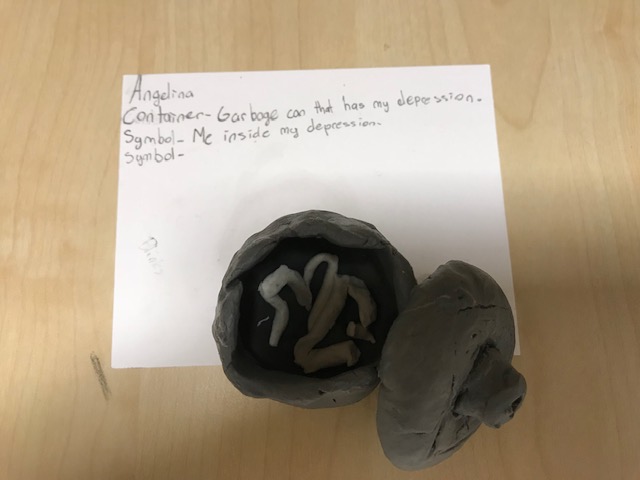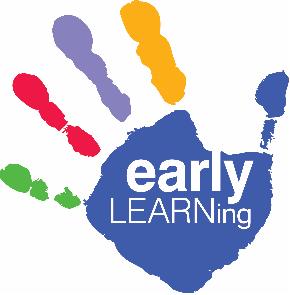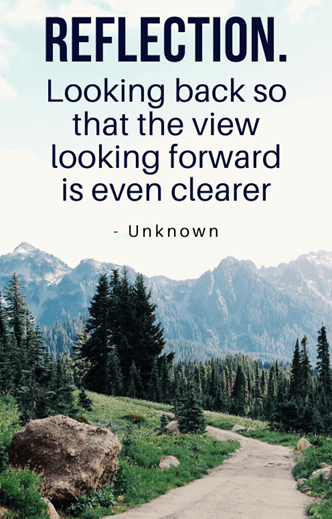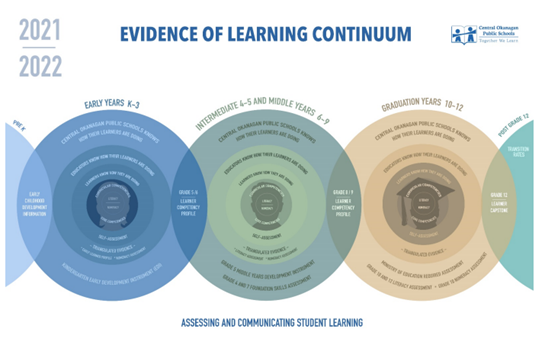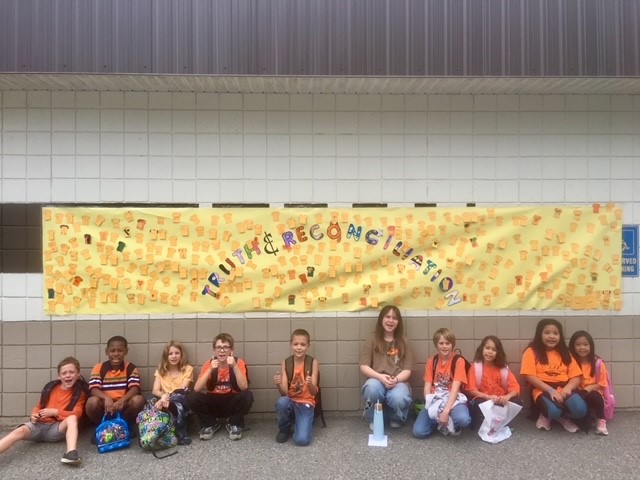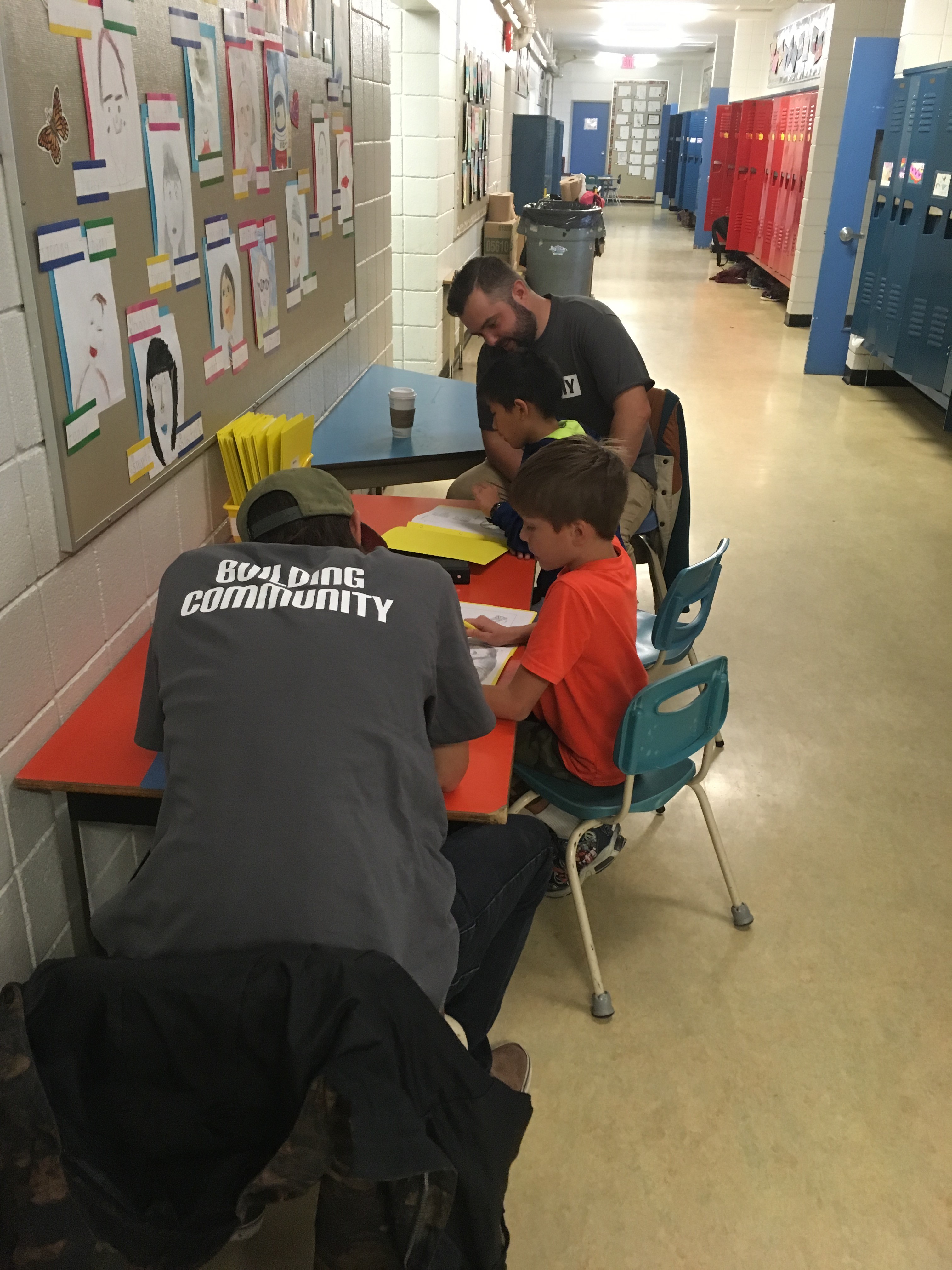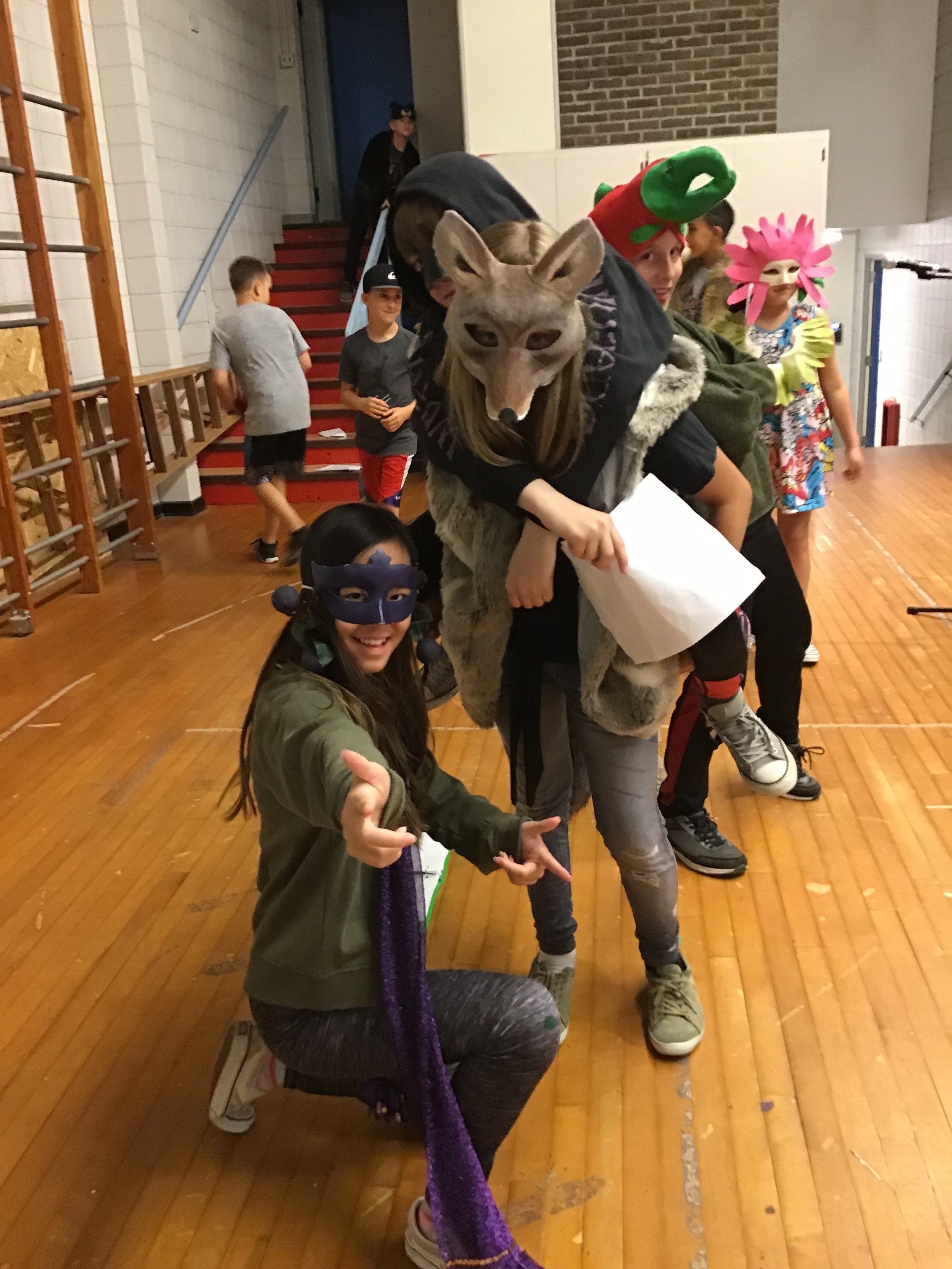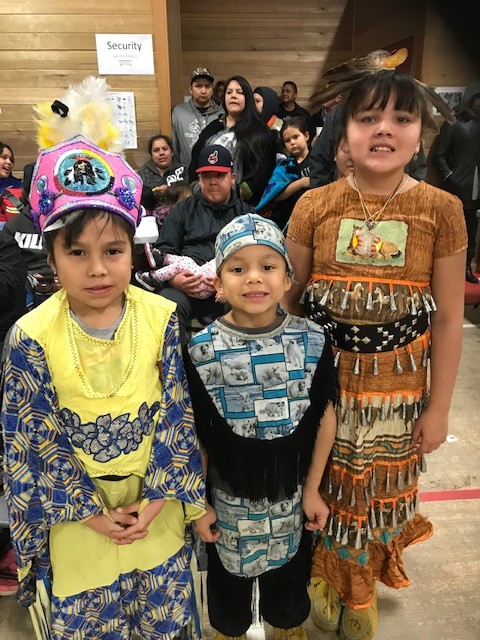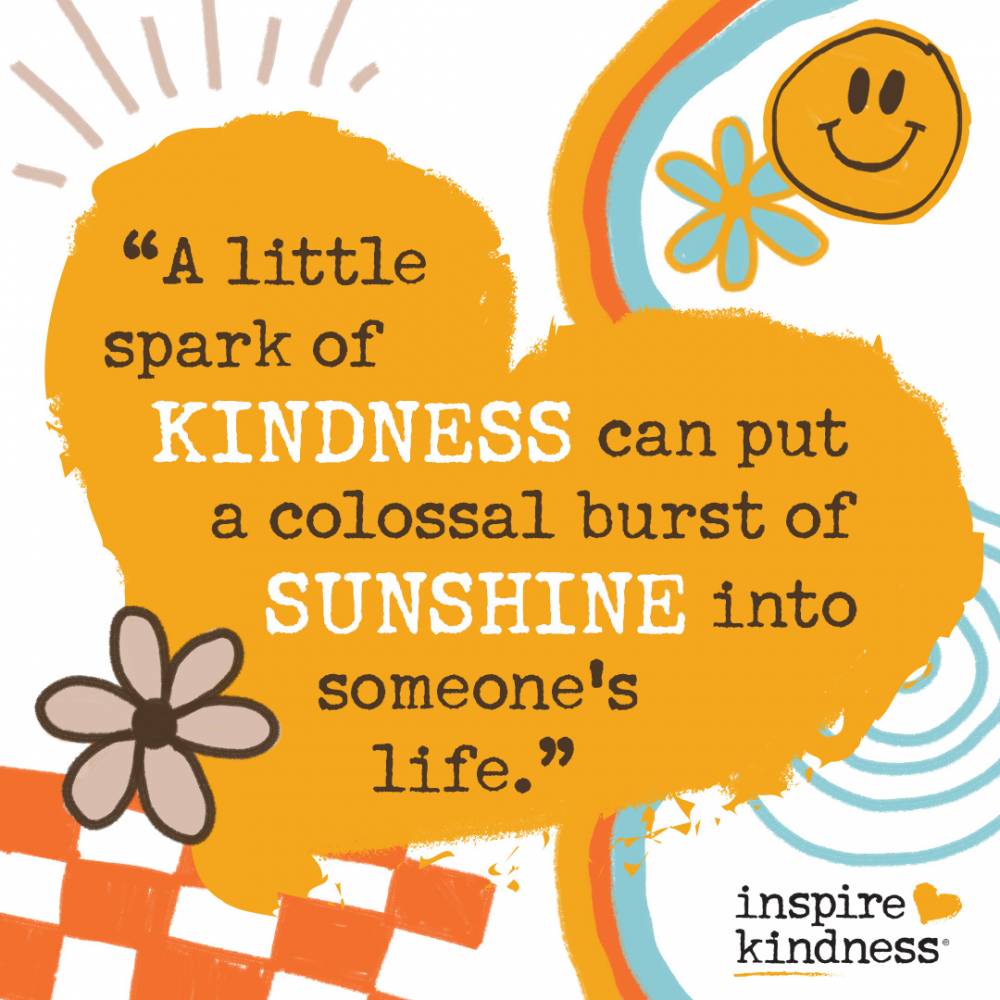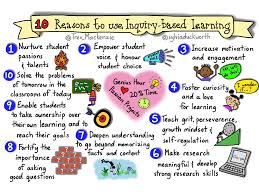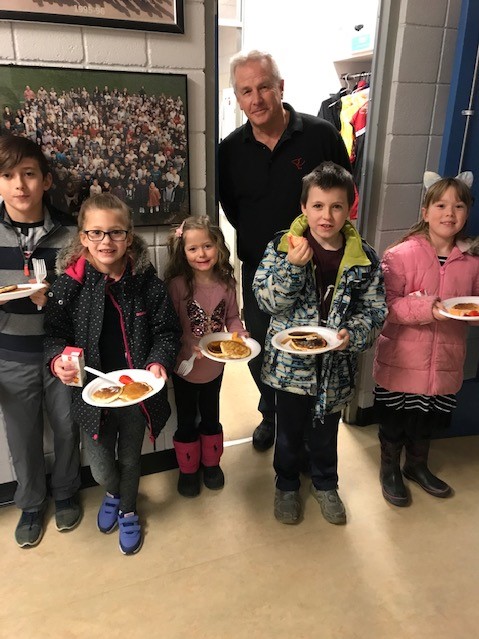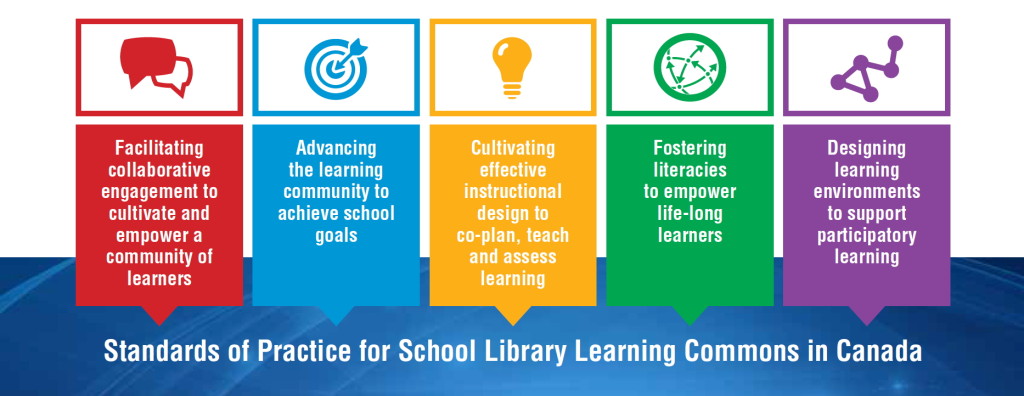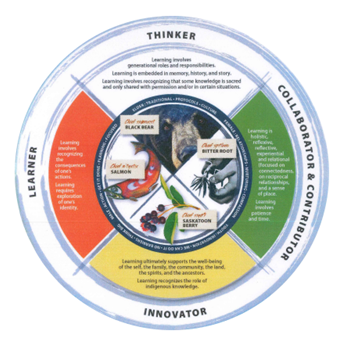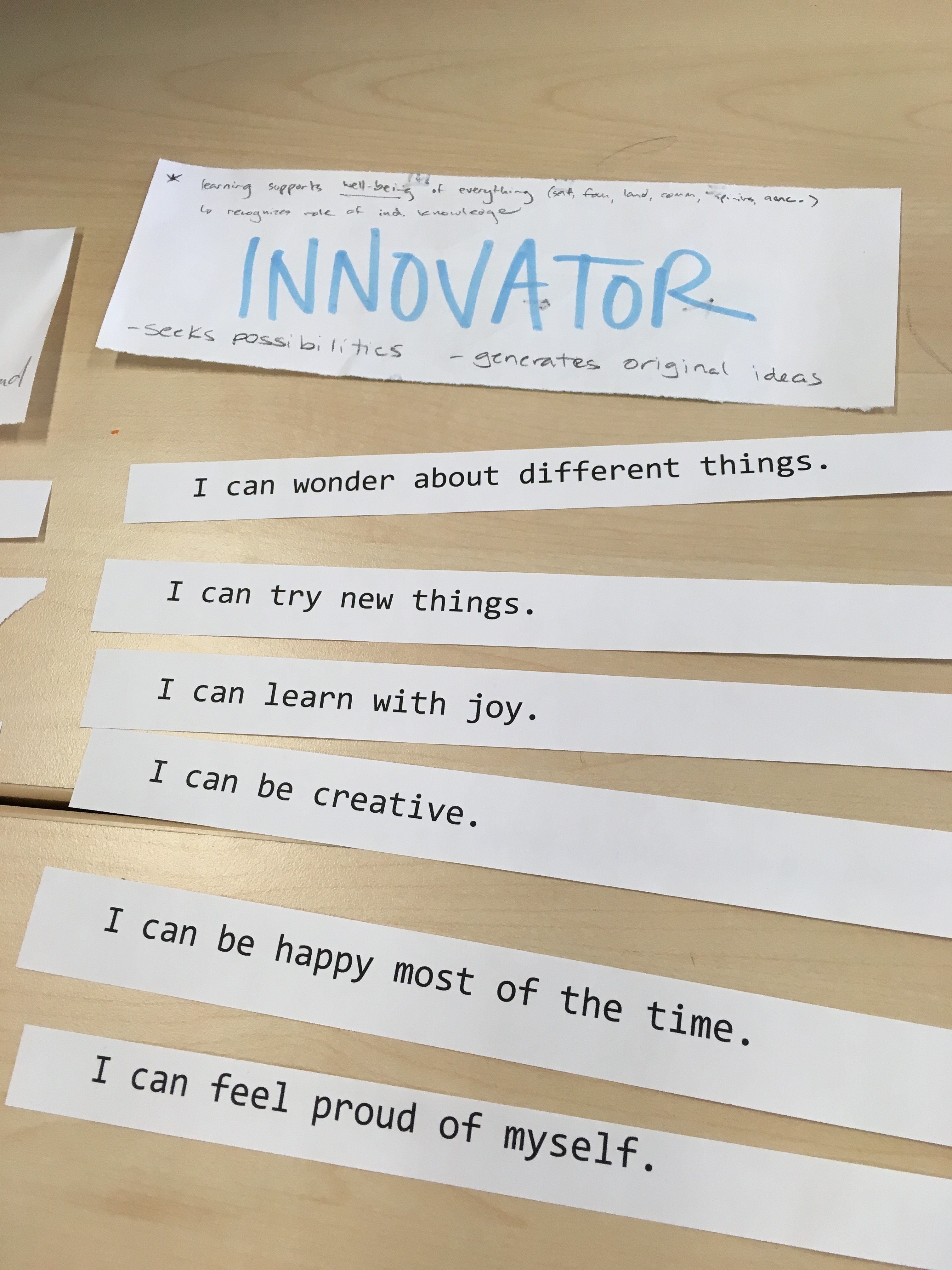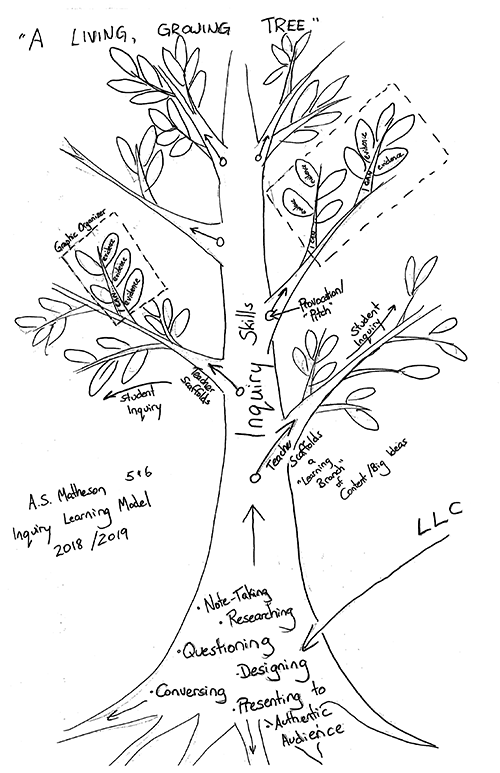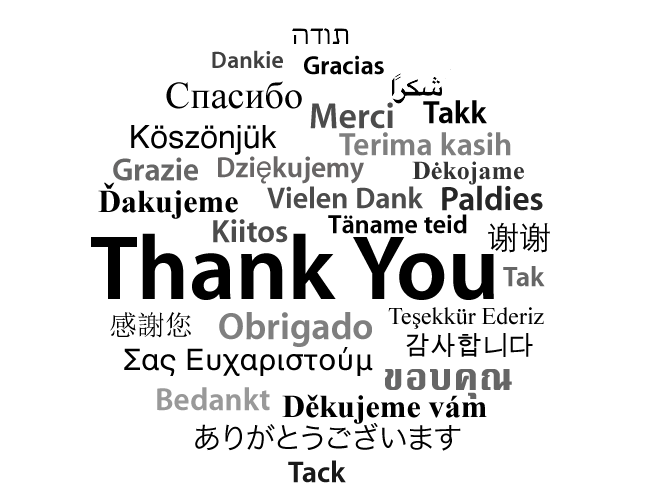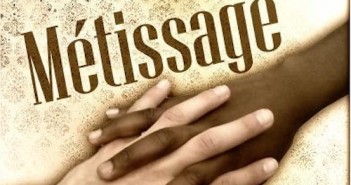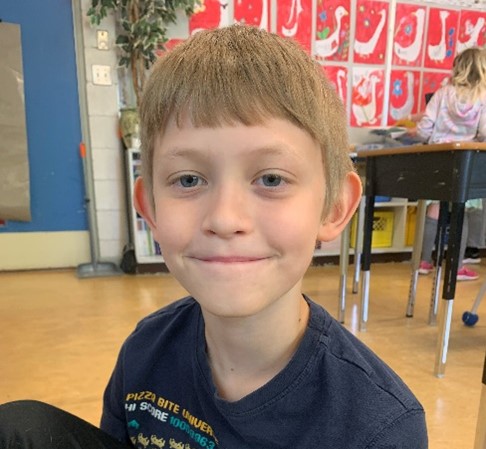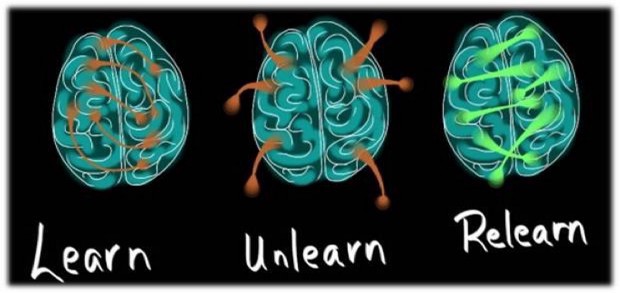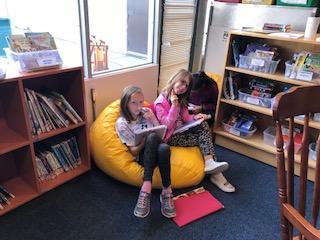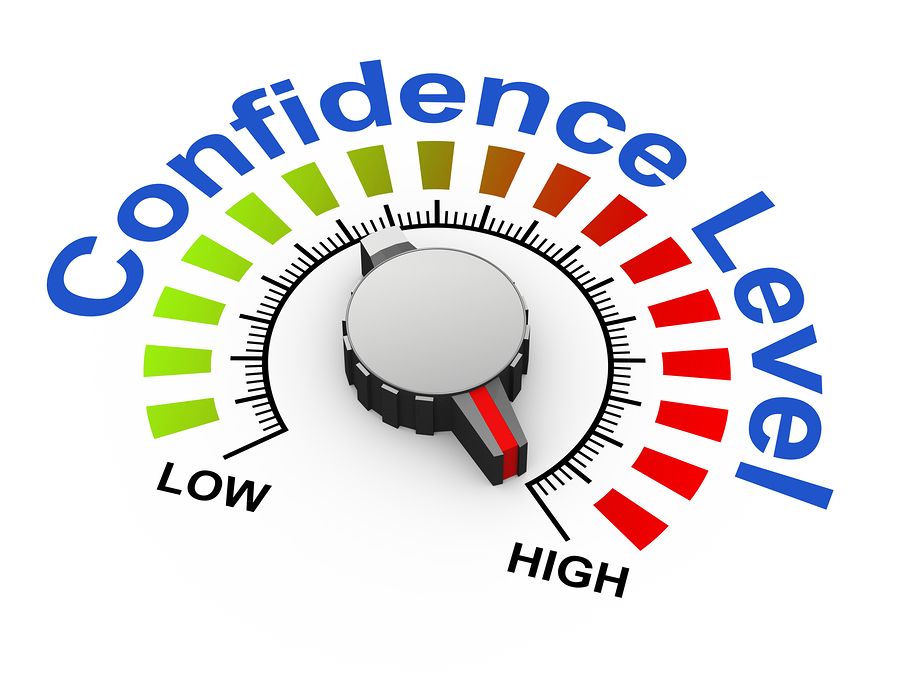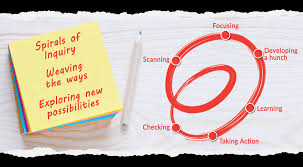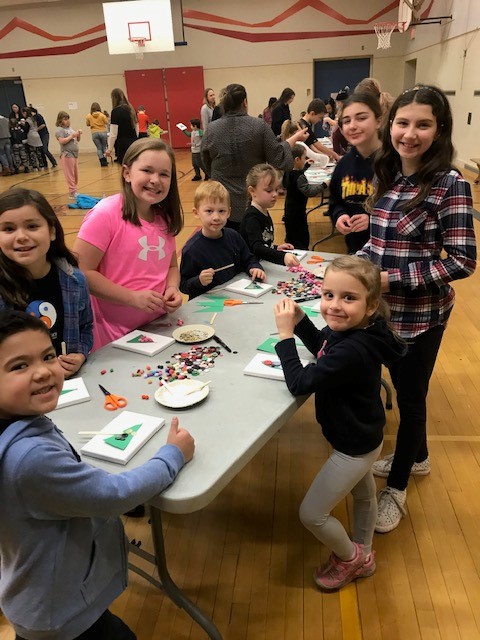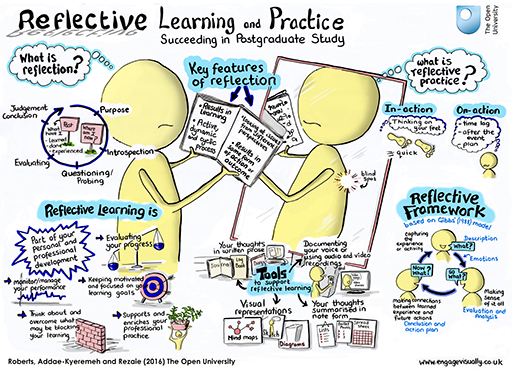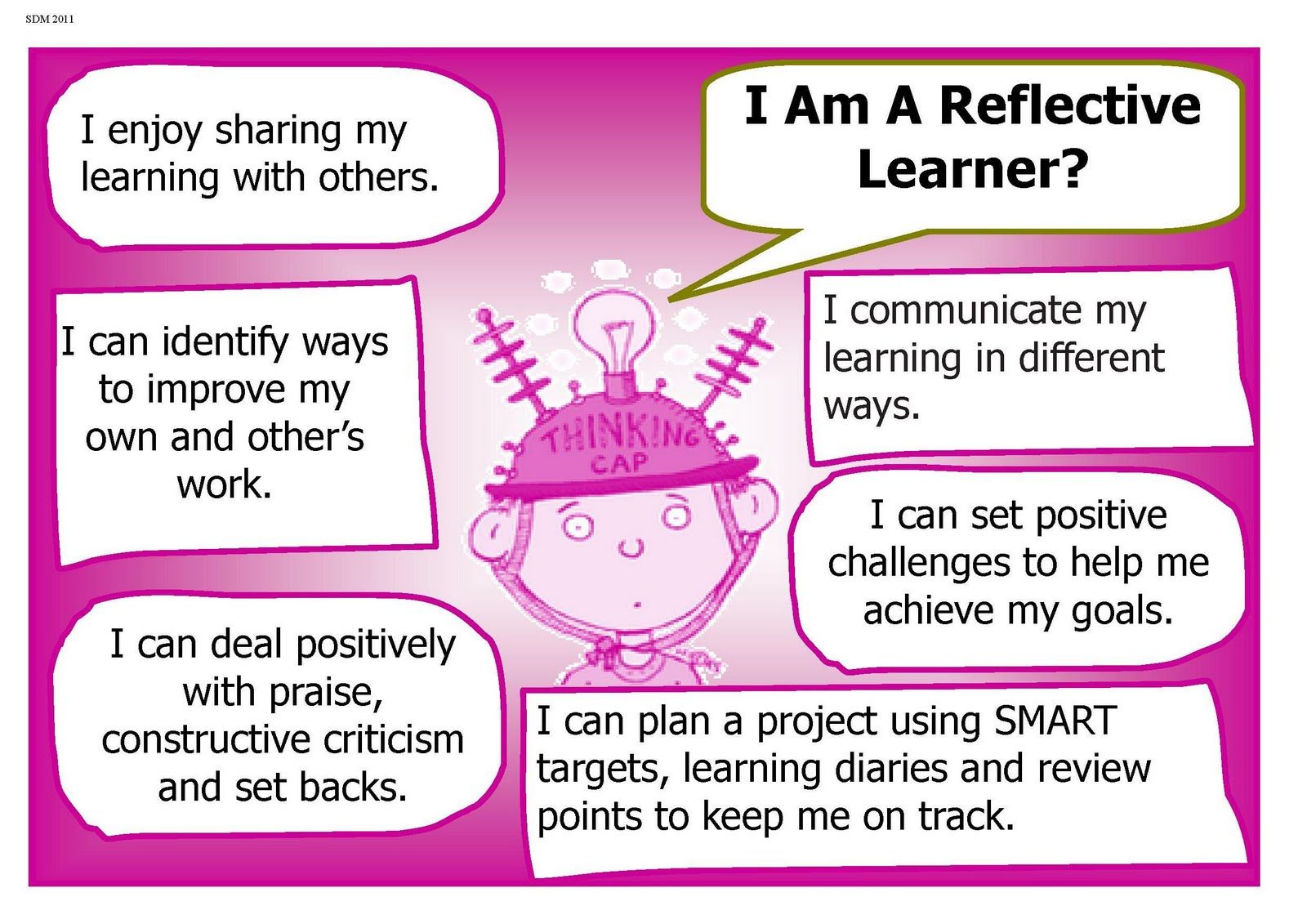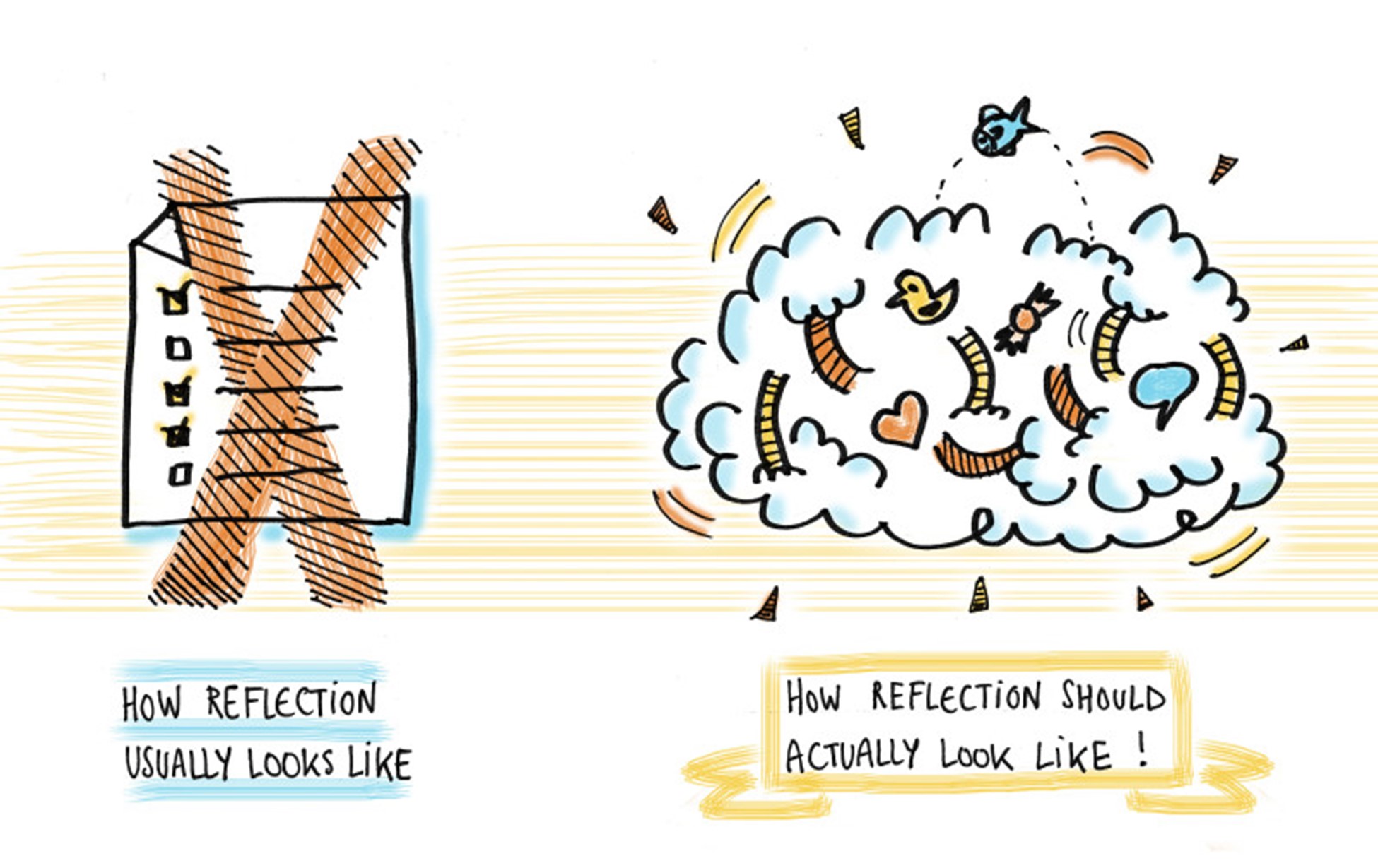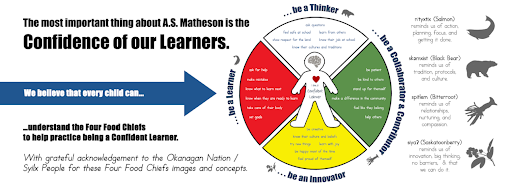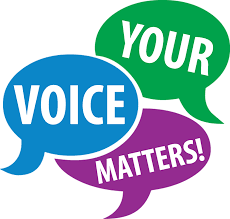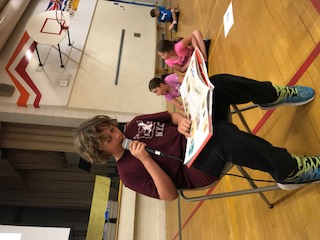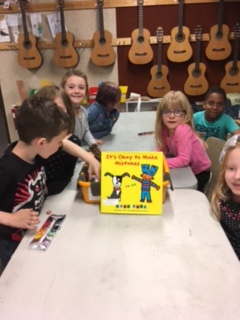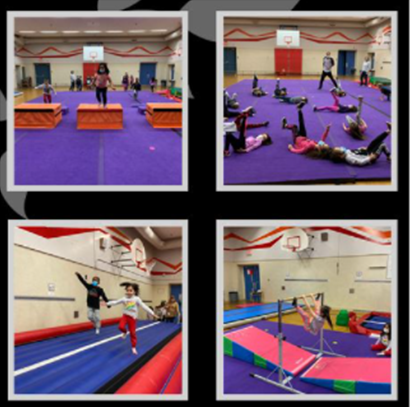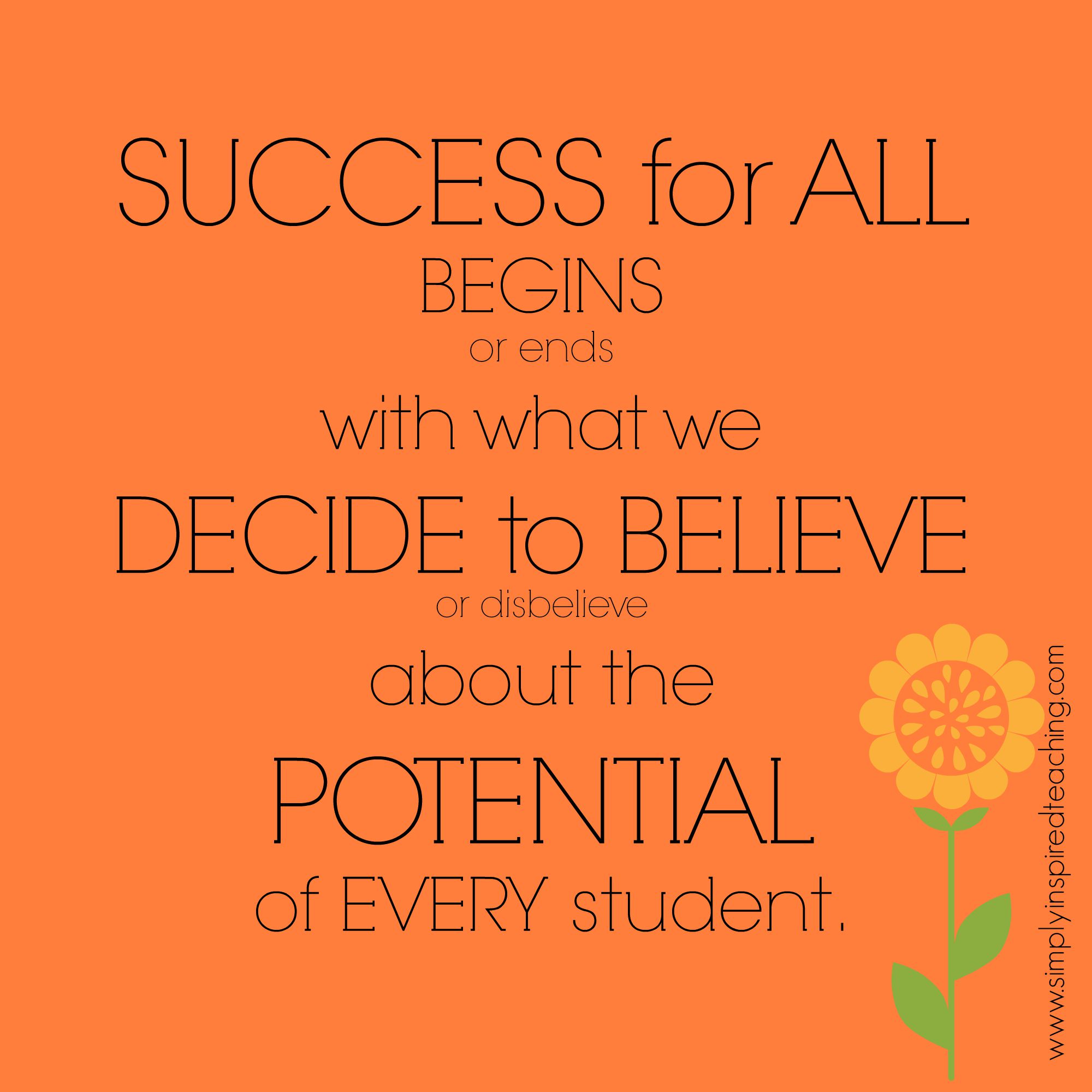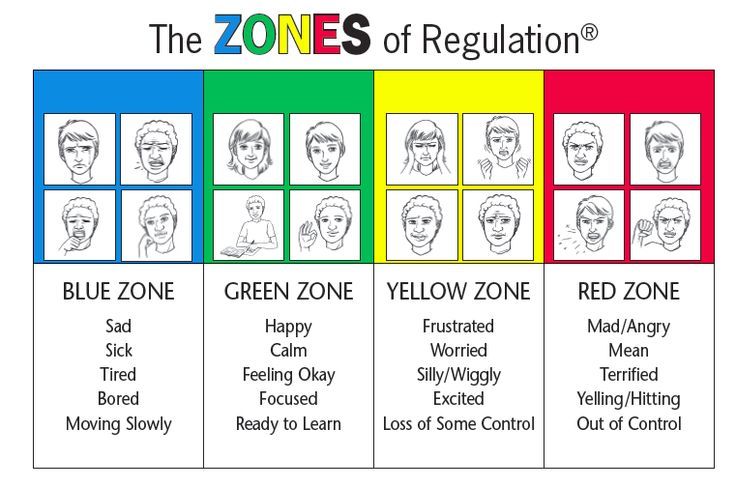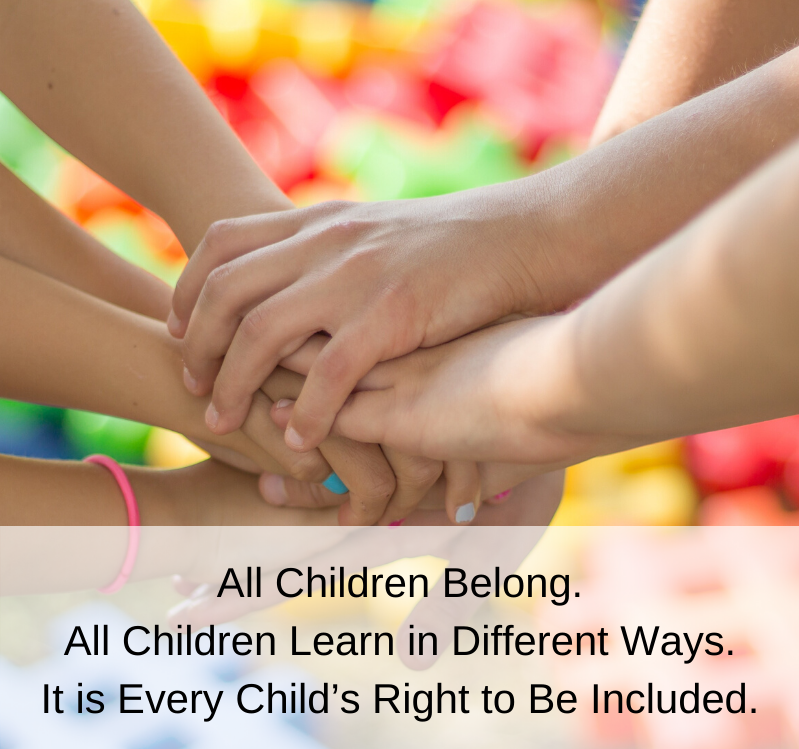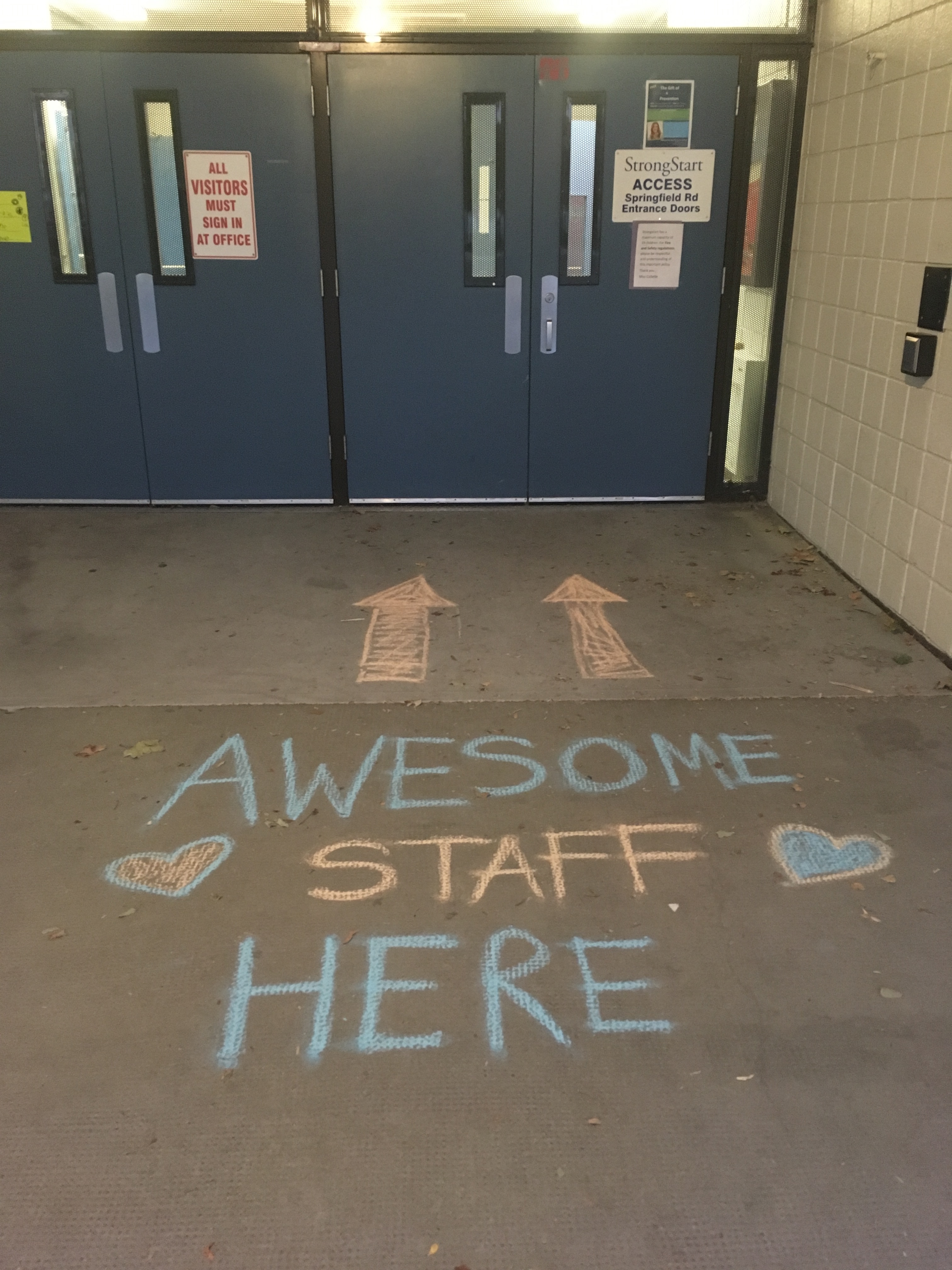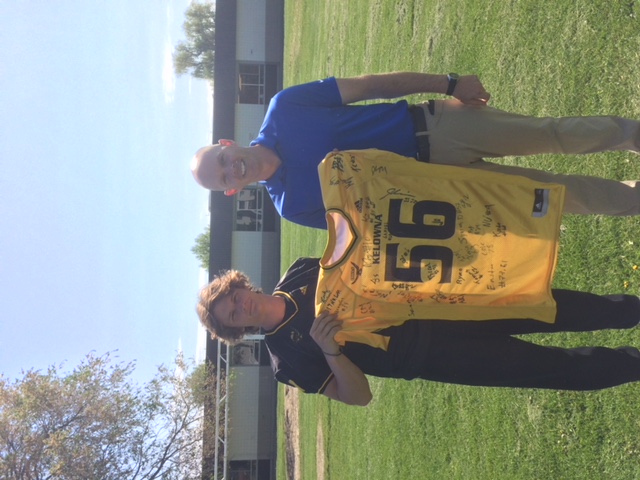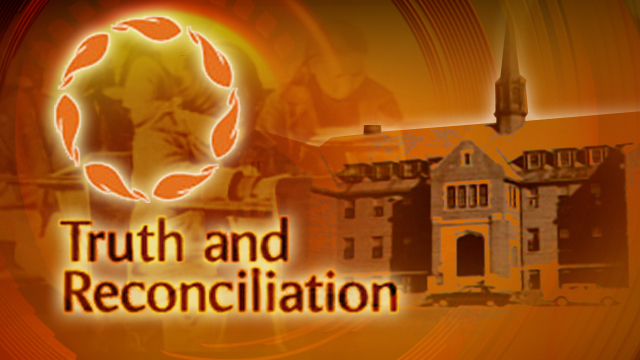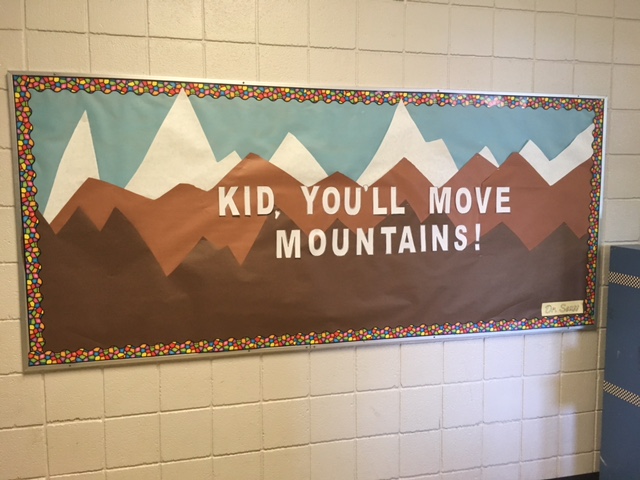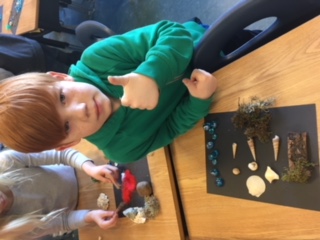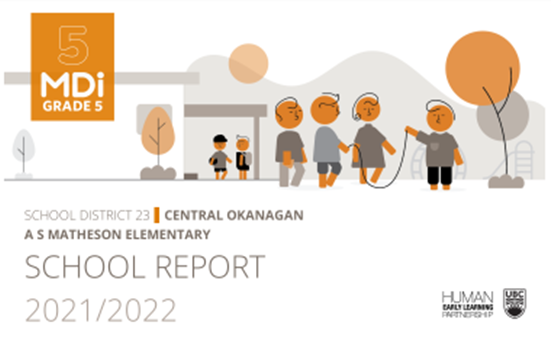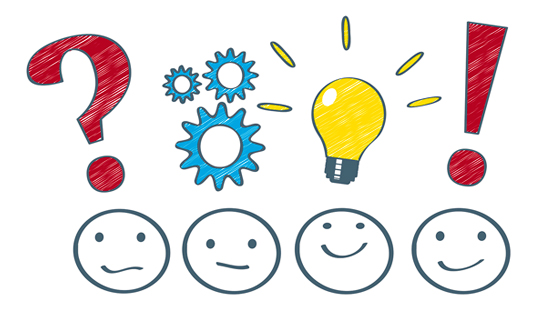School-Wide Spiral of Inquiry:
Our Plan:
Our focus this year is quality assessment. We will collaborate to develop consistency across the grades in how we assess and communicate student learning. We will provide equity for our learners and how we support them, using the Spirals of Inquiry Model and the local teachings of the Four Food Chiefs.
School Community Learning Plan
Scanning:
In our consultation with students, parents and teachers, as well as our data from the Ministry's student surveys, the MDI and our observations and conversations, we recognized that our students had a strong sense of support from the adults in our school and that the adults believed in their abilities and potential for success. However, our students, themselves, did not feel as confident in their own abilities and potential. We are currently engaging in a rescan of our school to determine if there has been a change. In addition, we are using our initial co-created Student Confidence Reflection, built around the Four Food Chiefs, to gather a baseline of our students’ confidence as it relates to the core competencies and their ability to provide evidence to communicate their learning and growth within each competency.
Focus:
In order for students to authentically engage in a meaningful learning process, they must feel connected to their learning community. Confidence is built through connection. Using the co-created confident learner reflection of the core competencies to determine the needs of each learners as they relate to developing holistically (staff, students and families).
Hunch:
We believe that, by having students and staff reflect on the core competencies through the co-created confident learner reflection modeled around the Four Food Chiefs, our students will build confidence in understanding themselves as learners and what their next steps are to move their learning forward. The Four Food Chiefs Model is a strength-based holistic approach to students viewing themselves. Our hunch is that developing the core competencies using this structure will impact student learning in all areas of the curriculum.
Professional Learning:
We have been engaging in deep learning around the Four Food Chiefs and infusing Indigenous ways of knowing and being into all of our learning together. In addition, we are collectively and independently engaging in the spirals of inquiry focusing on the OECD Principles of Learning as well as the First Peoples’ Principles of Learning to increase the confidence of each learner in our school community. We continue to reflect on our learning and document this learning through the Community Learning Plan. Based on our ongoing reflections with staff and students, our learning will reflect the needs of each learner every step of the way.
Taking Action:
Our staff is engaging in a collective spiral of inquiry to determine if using the co-created confident learner reflection around the core competencies will improve student confidence. Staff are also engaging in individual spirals of inquiry with a shared learning target. Each individual spiral of inquiry will look different based on the classroom contexts, but all spirals reflect a common learning target. Throughout the spirals of inquiry, we model the OECD 7 Principles of Learning as well as the First Peoples’ Principles of Learning as tools to support our learning journey.
Checking:
We have used a variety of data sources to measure the impact, the growth in confidence of each learner. Gathering data over time from our initial scan for connections (students to staff and staff with staff), ELP and PM Benchmark literacy data, MDI and Ministry Student Survey data, student self-assessment data, SBT referral data, our daily observations and conversations, frequency of students using the NEST as a support system as well as parent surveys. Our learning journey is being fully documented on our Community Learning Plan's "Evidence of Learning" website.
